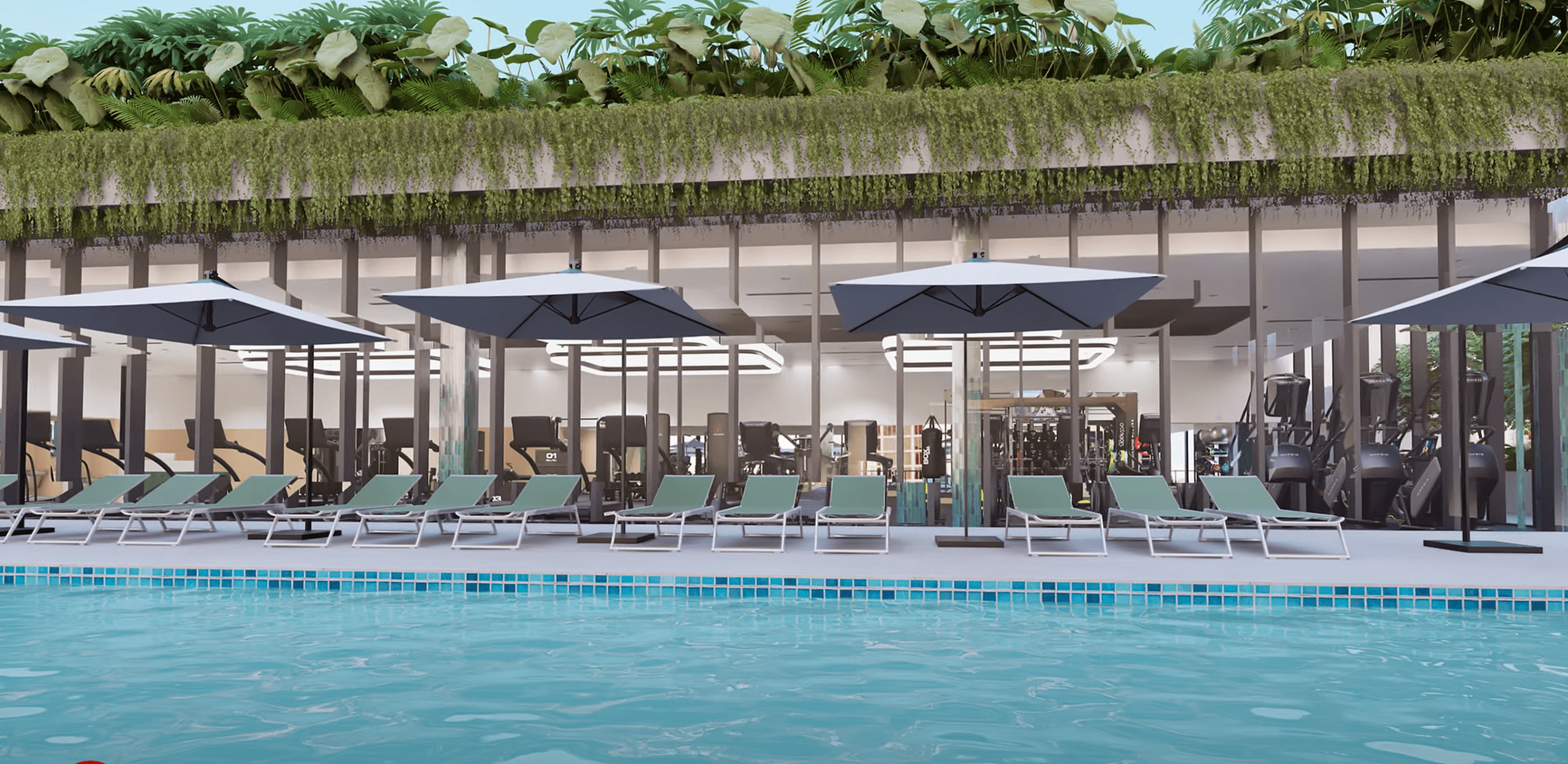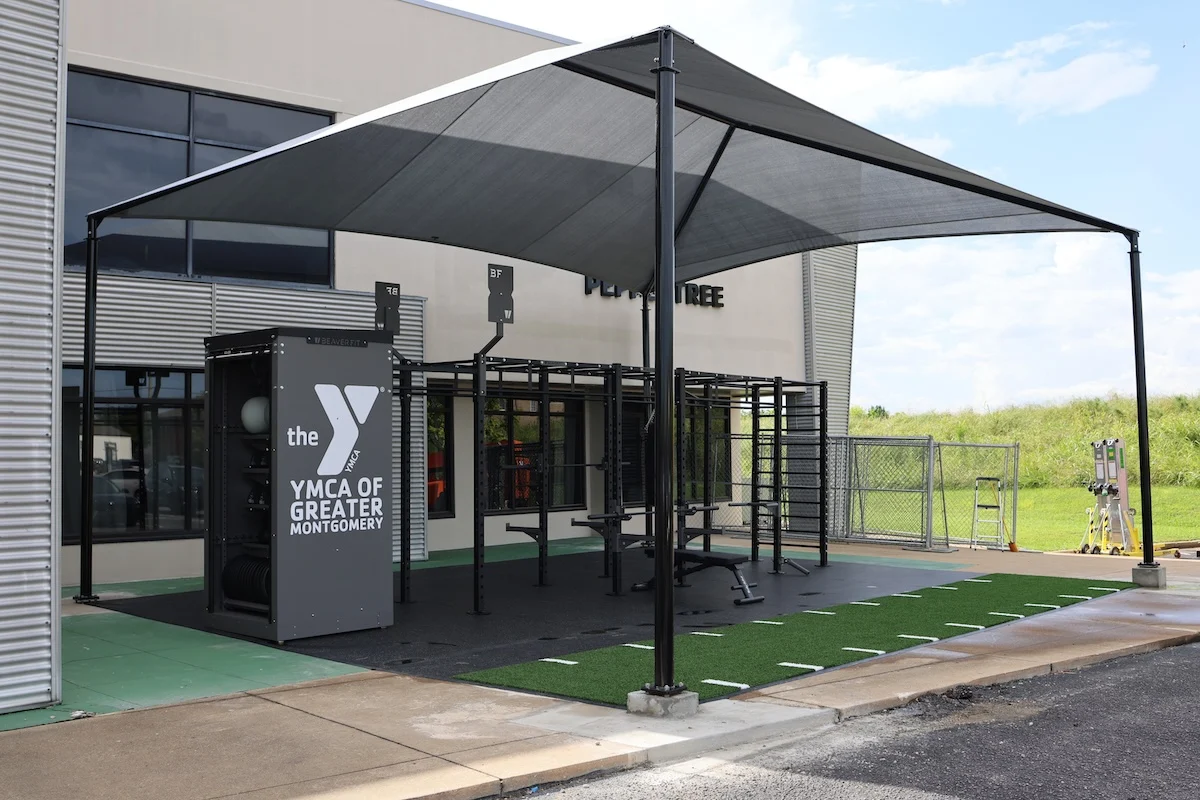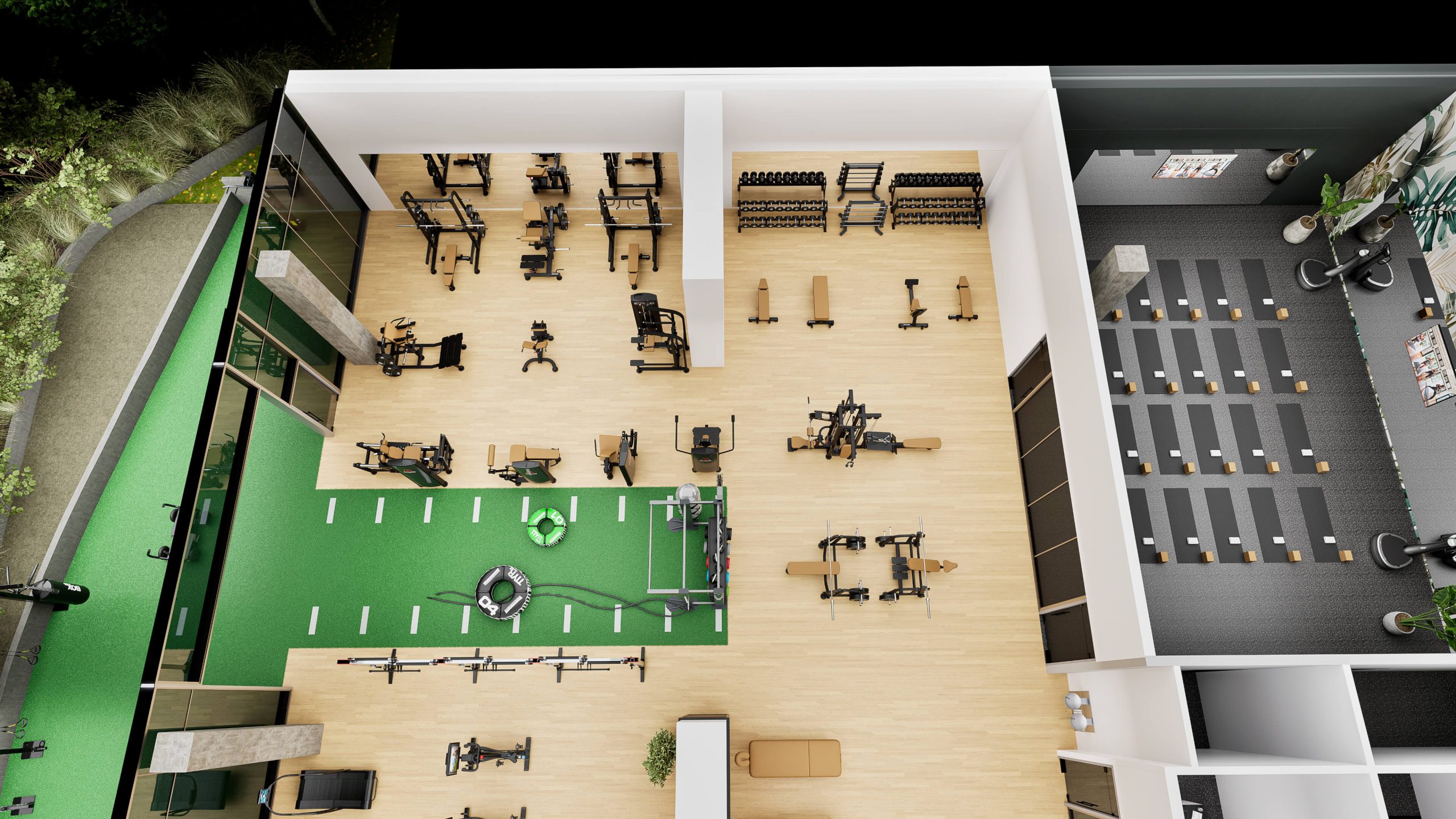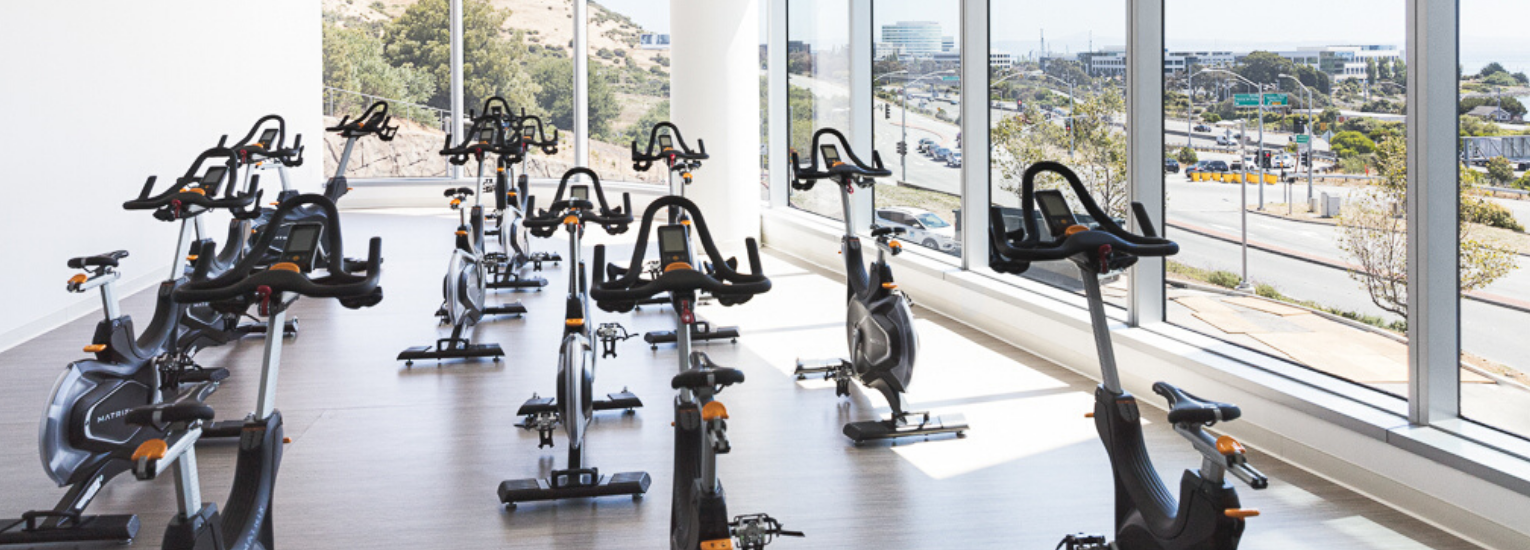What more can I say about Peloton? It is “the Netflix of fitness” according to one market analyst. Peloton Spin Machines are “the best cardio machines in the world,” according to Men’s Health.
For years Peloton’s business thrived from supplying fitness equipment to community workout rooms. Apartment communities would offer Peloton bikes at a fair membership fee ($20 to $40 a month).
“The 2019 amenity survey by Multifamily Design+Construction yielded interesting findings. 19% of the survey’s participants installed Peloton bikes at least once in the past years.”
Today, the company is gearing up for a significant transition. Before going public in late September 2019, Peloton had an important major announcement. They would stop the sales of commercial products to focus on personal gear.
About two years ago, Peloton shook the industry with its futuristic bikes. These bikes came with programmable software, social media connectivity, and touchscreens. Peloton bikes had everything attractive to Millenials.
Changing Lanes
What do apartment operators think of Peloton’s latest business decision?
A perplexed Chad Christian, the Regional Manager (Avenue5), had this to say, “These bikes are greatly popular among our residents. My fitness centers have a bike or two, and I get constant requests to add more.”
“When we acquired one (Peloton bike), one resident fell in love with the equipment,” Julie Rossini, Property Manager, says. “When the others noticed, the bike began to get more use.”
Sarah Greenough thinks that Peloton’s decision is a move to make more money on sales.
“An apartment building has about 200 households,” Greenough says. “Those are 200 potential customers. Not a few commercial bikes in a fitness center.”
Responding to the Terrain
Clay Hicks, the President of TDC Management, inquired about Peloton’s commercial sales. He received this response fro Peloton’s Sales Representatives.
“The commercial sales team commits to placing our bikes in areas where our clients work and travel. We partner with multi-tenant office developments, corporate wellness facilities, country clubs, and hotels. Our members can stay committed to their workout routines while away from home.
Our showroom employees, commercial team, and web store no longer sell equipment to multi-family housing developments. Our decision returns the focus on our initial model, bringing top-shelf, instructor-led fitness solutions into the homes of our members. The best Peloton experience begins when our members purchase and exercise on a personal bike.”
Pedaling on
A month before apartment community sales ended, Cristian purchased for his Avenue5 fitness room two bikes. He spent $2,750 and $2,499 on the bikes plus a monthly subscription of $55 on a commercial membership — commercial models of the bike feature a multi-user interface and a dual pedal system.
“They ‘promised’ to still service the bikes, but I learned otherwise,” Christian says. “Constantly told, ‘we no longer service multi-family bikes. Not to say that Peloton bikes are problematic, but we have to call for service at least once every month.”
What Others are Peddling
The tech industry is a dynamic and competitive battlefield. Expresso, Technogym, and Hydrorider are all competitors within the virtual cycling space. These players and the membership-based FitterClub and viable alternatives to property managers.
“At the end of the day, our industry will be fine,” Greenough says. “Technology is always evolving. Products come and go. There are many options for on-demand streaming fitness. We liked the prestige and prominence that Peloton’s brand offered, but we have to move on.
Now, residents can experience on-demand virtual fitness programs in many ways. Synchronized phone apps, virtual fitness kiosks, and commercial display panels can deliver countless hours of self-selected training sessions. These are viable alternatives to the dynamic fitness industry.
For more information about commercial indoor cycling alternatives, contact your local Opti-Fit Fitness Professional, 888-601-4350.
Related Articles

Elevating User Experience Through Strategic Fitness Center Layout
09/05/2025

BeaverFit Partner of the Month: Opti-Fit
09/03/2025



